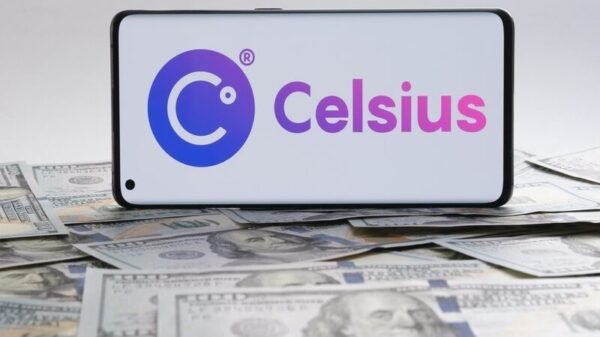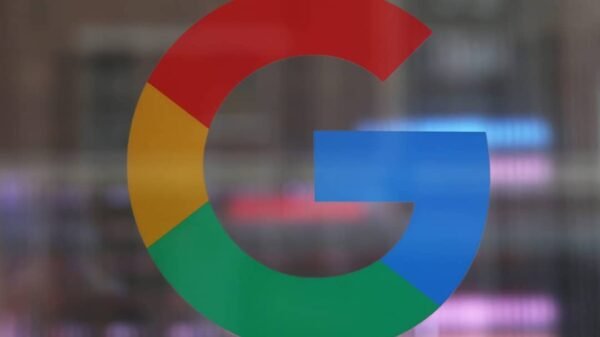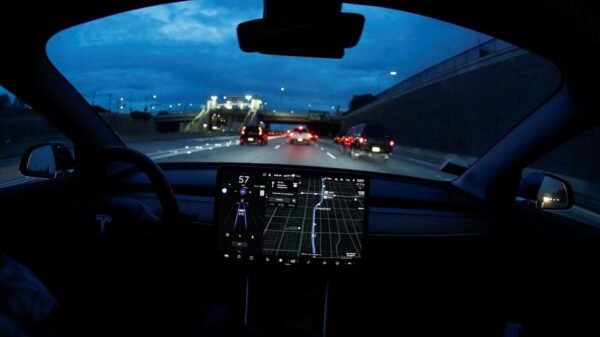Google has recently reassigned hundreds of Fiber employers to other parts of the company, reducing the amount of time and resources being put into Google Fiber, a subset of Google dedicated to “providing broadband Internet and cable television to a small and slowly increasing number of locations.” Google offered Internet speeds of up to 1 Gbit/s and TV service, along with several benefits including 1 TB Google Drive storage and a 2 TB DVR for the TV service. The principle factor for why Google Fiber gained its popularity was from the fact that it claimed to provide users with Internet connections over 100x as much as they are receiving with other Internet Service Providers. It also provided a free 5 Mb/s Internet (just installation/construction fee), to consumers in the areas covered by Google Fiber.
In October 2016, Google announced that Google Fiber was going to be suspended from potential market growth and expansion, along with firing nine percent of the staff of Access, the division that runs Google Fiber. At the same time, google hired broadband veteran Greg McCray as the new CEO of Access. Google still wishes to maintain Google Fiber in the areas it has already provided services and still expand it to Nashville, Louisville and San Antonio.
The reason for stepping back from Google Fiber was the expense of running fiber optic cables into people’s homes. Over $1 billion went into bringing Fiber into a new market according to a Recode report last year. Costing Google such an amount in a rather short amount of time has pushed Google to instruct Crag Barratt, the former Fiber CEO, to cut costs and fire employees in an effort to increase profit. According to estimates by Google, to introduce Google Fiber to an entire city would cost well over $1 billion. While it would be popular, Google would not be able to sustain such an expensive price to maintain and construct a completely new infrastructure in a major city.
Although Google Fiber’s growth is being suspended, the new CEO of Fiber may suggest using Webpass, a company that Access recently acquired last year. Compared to Google Fiber’s models of broadband connections through the use of fiber optic cables, Webpass provides high-speed broadband connection through the use of small antennas. Webpass has also successfully tested an internet technology that allows the user to have an internet connection wherever they go while guaranteeing a set amount of bandwidth. Google is looking to Webpass to redirect Google Fiber and change its infrastructure to reduce costs and make this technology more profitable. Last October, just as Google was finishing the process to acquire Webpass, Access pushed the Federal Trade Commission to open up more of the wireless spectrum that Webpass uses, which would allow Fiber to expand its infrastructure much more rapidly. Meanwhile, Fiber is already experimenting with new wireless technologies in Kansas City and looks set to expand those experiments to other cities as well. For now, Google Fiber seems to have gone back to advanced developmental stages. Without a clear and cost-efficient system, Google Fiber would cost Google much more than it is worth without widespread implementation.
Competition is also a major obstacle Google Fiber is facing. Other ISPs, such as AT&T and Verizon are suggesting internet speeds matching the price of Google Fiber, potentially without the issues, Google is facing with expenses as other ISPs are already widespread and implementation would not be as difficult as it is for Google. Google Fiber’s current situation is that it is an amazing idea, but the execution for such a situation has proven to be difficult at this time and is being reconsidered for future implementation.
Featured Image via Wikimedia

















































